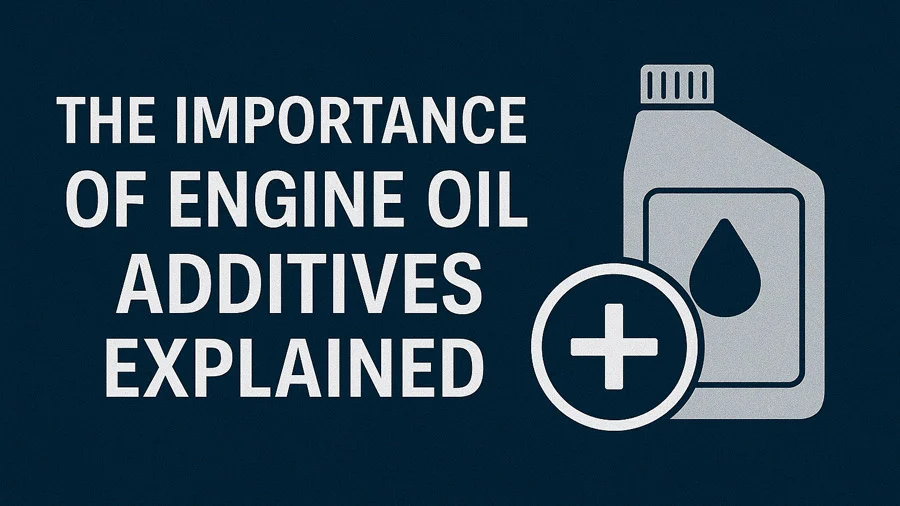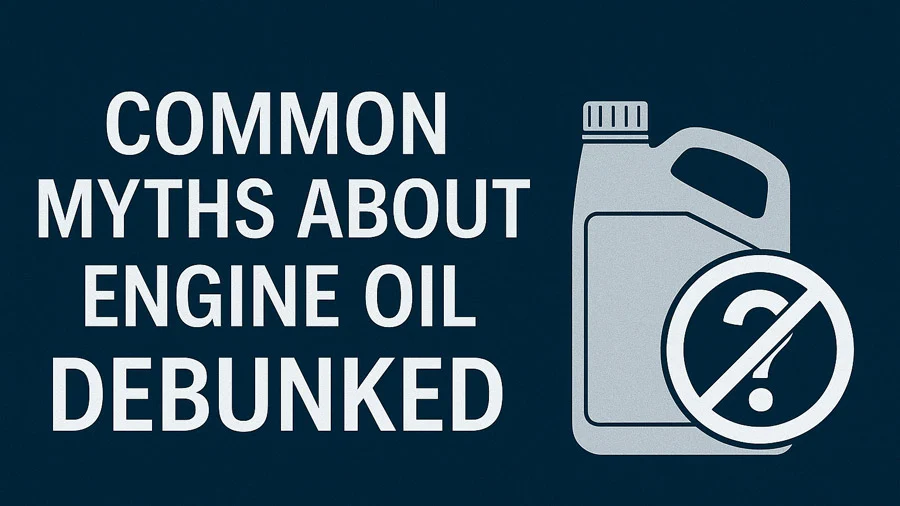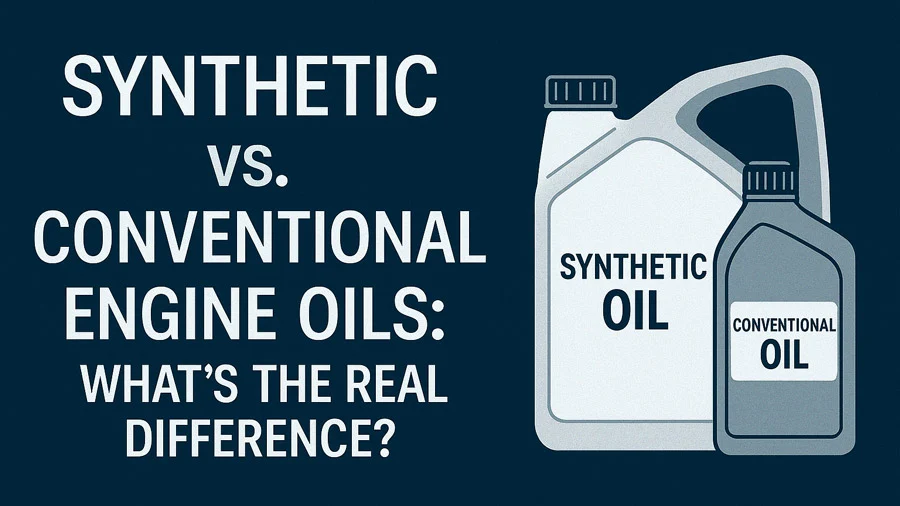“How often should I change my engine oil?” It’s probably the most common question car owners ask. The answer? It’s not one-size-fits-all. With modern cars, different oils, and varied driving habits, figuring out the right interval can feel like decoding a secret code.
Let’s cut through the confusion and get to the truth.
Table of Contents:
Why Engine Oil Changes Are Crucial
Engine oil doesn’t just lubricate—it cleans, cools, and protects your engine from wear. Over time, oil breaks down, collects dirt, and loses its effectiveness. Change it too late, and your engine suffers.
Traditional vs. Modern Oil Change Intervals
Years ago, the rule of thumb was “every 3,000 miles.” Now? Many cars can go 7,500 to 10,000 miles or more on a single oil change—especially if you use synthetic oils.
Factors Affecting Oil Change Frequency
It’s not just mileage. Several factors can shorten or extend oil life:
- Driving style (aggressive vs. gentle)
- Climate (hot, cold, dusty)
- Type of oil used (conventional vs. synthetic)
- Engine condition and age
Driving Habits and Conditions That Impact Oil Life
If you mostly do stop-and-go city driving, short trips, or towing, your oil works harder. These conditions cause faster oil degradation. Highway driving is less stressful on oil.
The Role of Oil Type and Quality
High-quality synthetic oils last longer and resist breakdown better than conventional oils. So switching to synthetic can mean fewer oil changes.
How Synthetic Oil Changes the Game
Synthetic oils are designed for stability. They resist heat and oxidation, clean engine parts better, and last up to twice as long as conventional oils.
Manufacturer Recommendations: Your Best Guide
Always check your owner’s manual. Car makers test their engines with specific oil change intervals. Following their advice helps maintain warranty coverage and engine health.
Understanding Oil Life Monitoring Systems
Many modern cars have oil life sensors that track driving conditions and engine performance to alert you when an oil change is needed. They’re helpful but should be supplemented with manual checks.
Signs You Need an Oil Change Sooner
- Engine noise or knocking
- Dark, dirty oil on the dipstick
- Oil smell inside the cabin
- Warning lights on the dashboard
Don’t wait for the sensor alone!
Consequences of Delaying Oil Changes
Waiting too long can cause sludge buildup, reduced fuel economy, overheating, and ultimately, engine damage.
Tips for Extending Engine Oil Life
- Use high-quality oil and filters
- Avoid excessive idling and short trips
- Maintain proper engine tune-ups
- Check oil level regularly
Conclusion: Smarter Oil Changes for a Healthier Engine
There’s no magic number for every car. By understanding your vehicle, driving habits, and oil type, you can customize oil changes that keep your engine running smooth and save money in the long run.
FAQs
Yes, for most modern cars using quality oil.
They’re useful but not foolproof. Manual checks are still important.
No, it just means longer intervals between changes.
Check the dipstick for dark, gritty oil and unusual smells.
Yes, cold starts can degrade oil faster.



